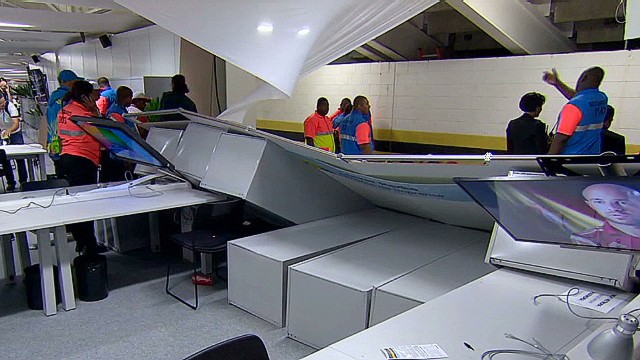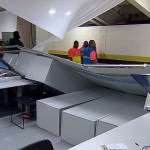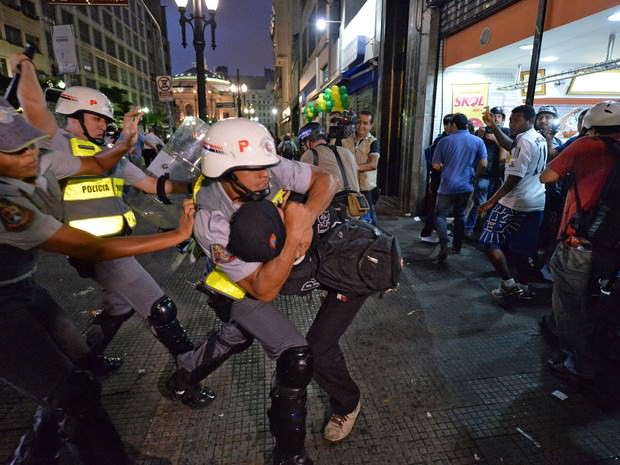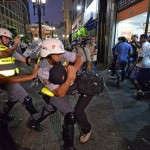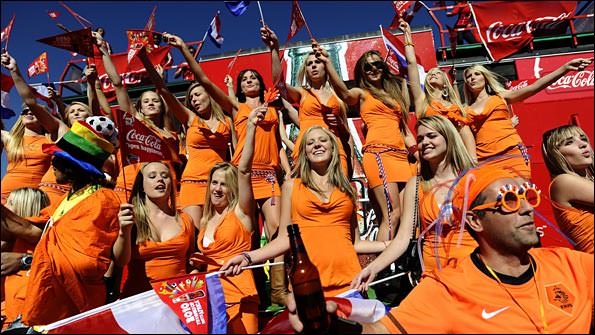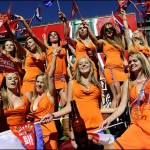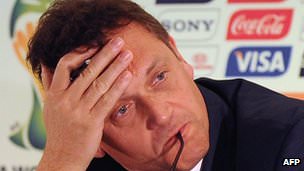Traditional food sold in stadiums
0 Comments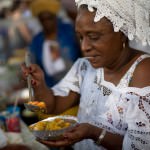 2014 World Cup organizers allow six vendors to sell acarajé, a deep-fried mixture of black-eyed peas, shrimp, cashew paste and pepper sauce to be sold in the Arena Fonte Nova stadium in Salvador city following a successful campaign by a vendor association against provisions in the FIFA World Cup Law, which covers the World Cup and 2013 Confederations Cup, that exclude traditional sellers and allow only licensed products from tournament sponsors to be sold within a mile of stadiums. Eight tapioca sellers are also allowed to operate inside the Arena Pernambucano stadium in Recife city and a restaurateur will offer a local version of fish and chips made with the Amazonian tambaqui river fish in the jungle city of Manaus. Association of Bahian Acarajé Sellers coordinator Rita Maria Ventura dos Santos:
2014 World Cup organizers allow six vendors to sell acarajé, a deep-fried mixture of black-eyed peas, shrimp, cashew paste and pepper sauce to be sold in the Arena Fonte Nova stadium in Salvador city following a successful campaign by a vendor association against provisions in the FIFA World Cup Law, which covers the World Cup and 2013 Confederations Cup, that exclude traditional sellers and allow only licensed products from tournament sponsors to be sold within a mile of stadiums. Eight tapioca sellers are also allowed to operate inside the Arena Pernambucano stadium in Recife city and a restaurateur will offer a local version of fish and chips made with the Amazonian tambaqui river fish in the jungle city of Manaus. Association of Bahian Acarajé Sellers coordinator Rita Maria Ventura dos Santos:
It would have meant that baianas who had earned their livelihoods there for 60 years would have been forced out.


